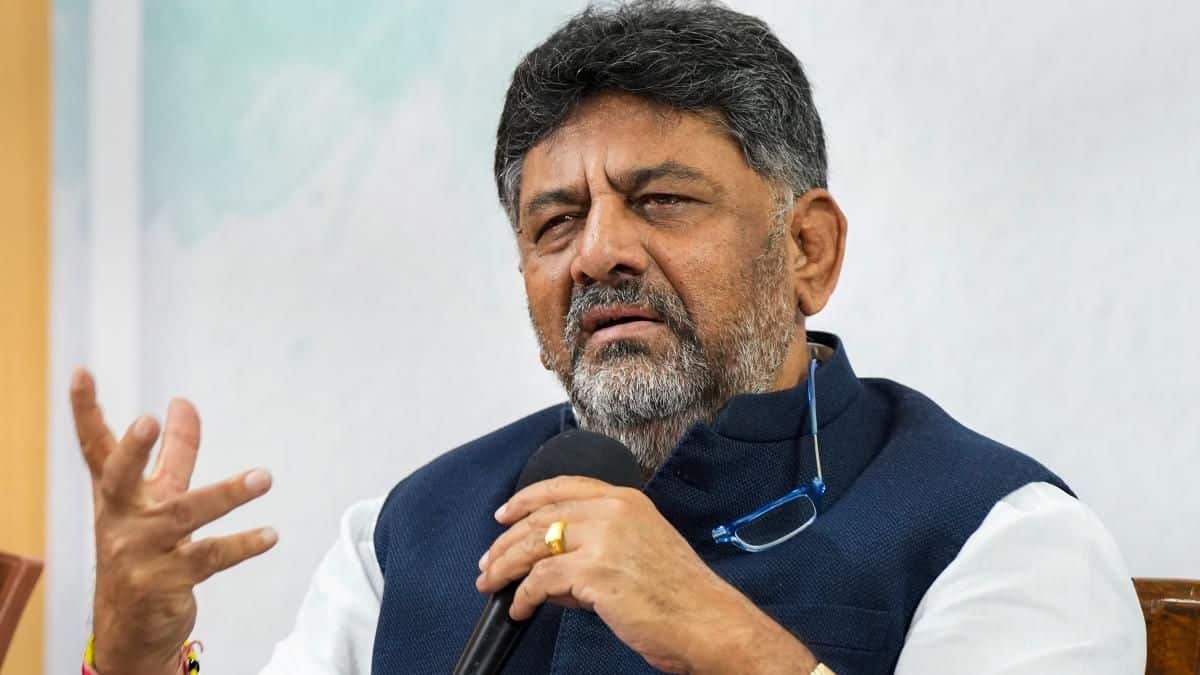The Karnataka High Court has reserved its order on the contentious issue of the state government’s withdrawal of consent for a Central Bureau of Investigation (CBI) probe into Deputy Chief Minister DK Shivakumar. The petitions challenging this decision, filed by the CBI and BJP MLA Basangouda Patil Yatnal, were thoroughly discussed by a division bench consisting of Justice K Somashekhar and Justice Umesh M Adiga.
The legal dispute centers around whether the state government can withdraw its consent for a CBI investigation after initially granting it. The CBI and Yatnal argue that once consent is given, it cannot be retroactively withdrawn. They contend that similar cases in the past have seen the Supreme Court uphold the permanence of such consents.
Senior Advocate Prasanna Kumar, representing the CBI, cited Supreme Court precedents indicating that consent, once granted, is binding and cannot be withdrawn retrospectively. Kumar emphasized that general consent is provided to the CBI for investigating cases involving central government officials and that specific requests from state governments should follow this general consent.
On the other hand, Senior Advocate Kapil Sibal, representing the state government, questioned the petitions’ maintainability and argued that the issue of consent was not relevant to the previous cases involving Shivakumar. Sibal suggested that the state government’s ability to revisit consent should be considered, given the change in government.
The High Court’s division bench was tasked with addressing complex legal questions, including whether the withdrawal of consent constitutes an illegal act and whether the CBI’s challenge is procedurally sound. The case highlights significant legal and constitutional issues, reflecting broader tensions between state and central authorities.
The background of the case involves a high-profile investigation into allegations of disproportionate assets against Shivakumar, which had seen substantial legal and political developments. The court’s eventual decision will have implications for how consent and investigations are managed in high-stakes cases involving political figures.

